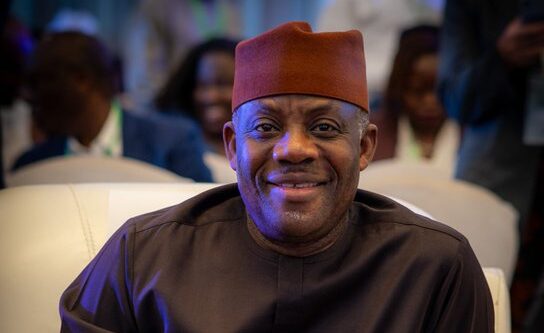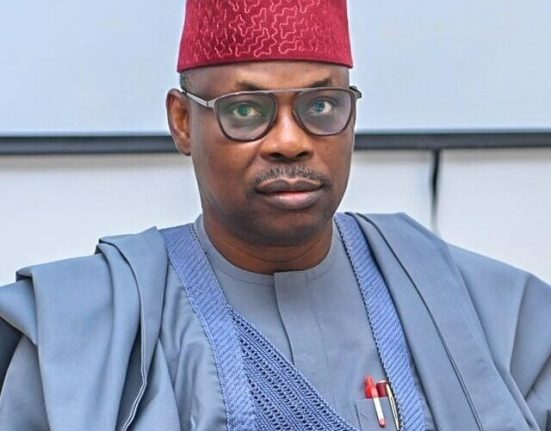Abuja — In a move widely regarded as a bold step towards restoring Nigeria’s cultural memory and fostering civic consciousness, the Federal Government has officially reintroduced History as a compulsory subject across all levels of basic education in the country.
This landmark decision, spearheaded by the Federal Ministry of Education under the leadership of the Honourable Minister, Dr. Maruf Tunji Alausa, CON, and the Honourable Minister of State for Education, Professor Suwaiba Sai’d Ahmad, was made public as part of ongoing reforms aligned with President Bola Ahmed Tinubu’s Renewed Hope Agenda.
During the announcement, the ministry expressed gratitude to President Tinubu for championing the return of History to the classroom, describing it as a critical tool in rebuilding a sense of national identity, unity, patriotism, and responsible citizenship among young Nigerians. According to the Ministry, the absence of History in the curriculum for several years had created a knowledge gap that weakened the collective understanding of Nigeria’s roots, struggles, heroes, and cultural heritage.
The new curriculum has been carefully structured to include a wide range of thematic areas and learning outcomes that span from Primary 1 to Junior Secondary School 3. At the early basic levels, pupils will be introduced to themes such as the concept of History, origins and peopling, traditional leadership, and political development, with a strong emphasis on understanding identity, appreciating diversity, and learning about local heroes and community leadership.
For instance, in Primary 1, students will explore the meaning and importance of History, identify local historical figures, and recognise the value of traditional institutions such as title holders and local government authorities. As they progress, they will delve deeper into state histories, ethnic tolerance, major towns, and environmental awareness—integrating these with lessons that promote unity and civic responsibility.
By Primary 4, the curriculum expands to cover Nigeria’s colonial administrative transitions, the evolution of political structures such as state creation and federal capital changes, and the identification of key historical sites for cultural literacy. This layered approach is designed not only to instil historical knowledge but also to encourage analytical thinking, patriotism, and leadership development from an early age.
The Federal Ministry further explained that from Junior Secondary School levels, History will be taught under an integrated model called “Civic and Heritage Studies”, blending civic education with core historical instruction. This approach is aimed at ensuring that young Nigerians are not only grounded in their country’s past but are also equipped to actively participate in its future as informed and patriotic citizens.
As part of the implementation plan, the Ministry has issued a call to action to teachers, school administrators, parents, and community leaders to support this educational revival. Training, curriculum resources, and community engagement tools are being deployed to ensure the effective rollout of the programme nationwide.
With this development, Nigeria joins other nations that prioritise the teaching of history as a foundation for shaping collective identity and safeguarding national values. The initiative has been widely welcomed by educators, cultural groups, and policy experts who view it as a timely corrective measure and a beacon of hope for future generations.







